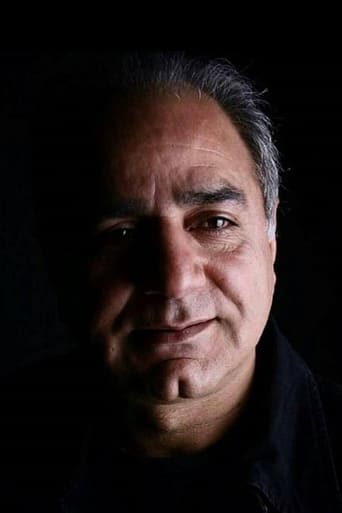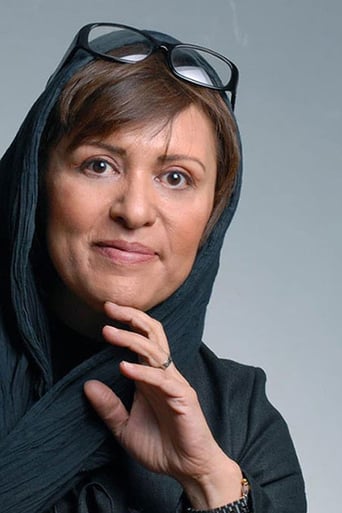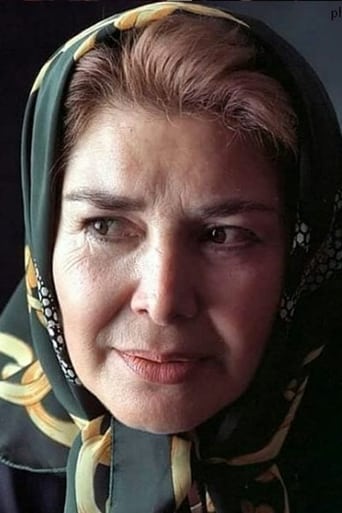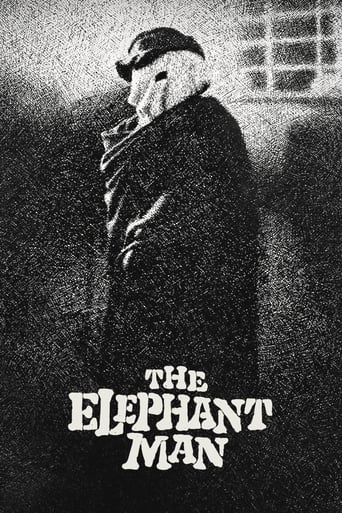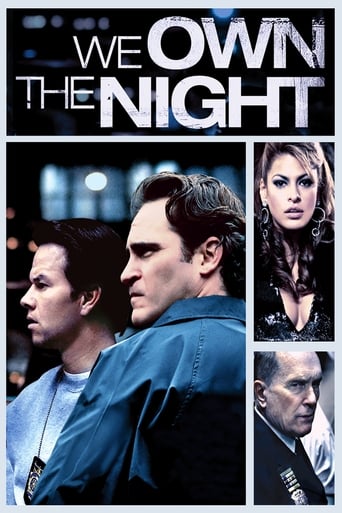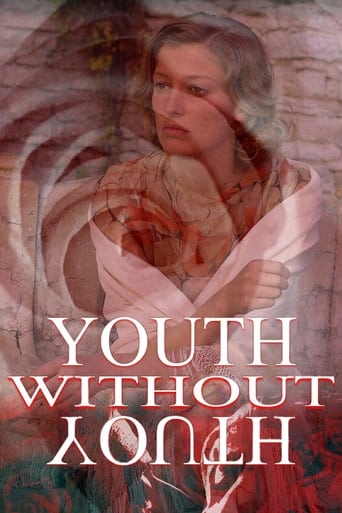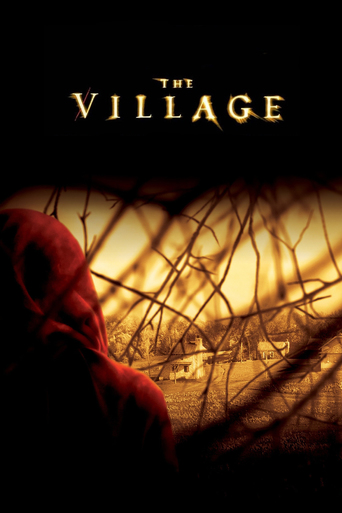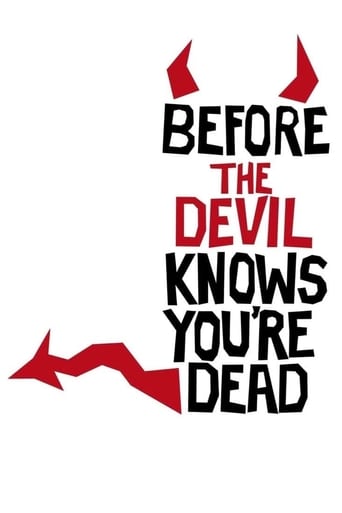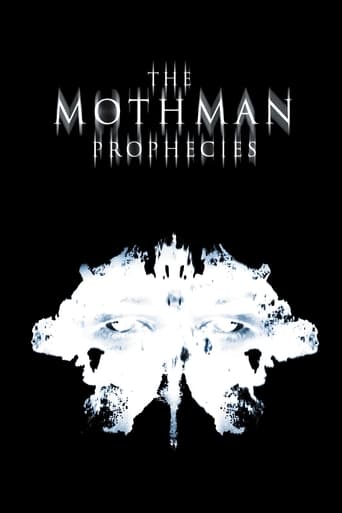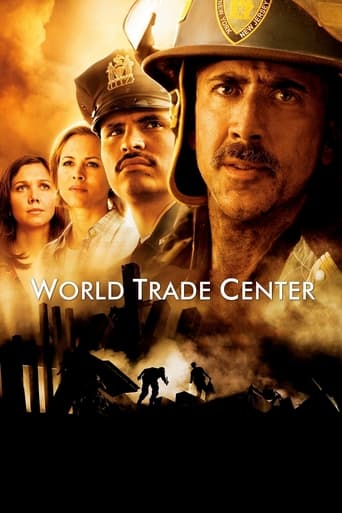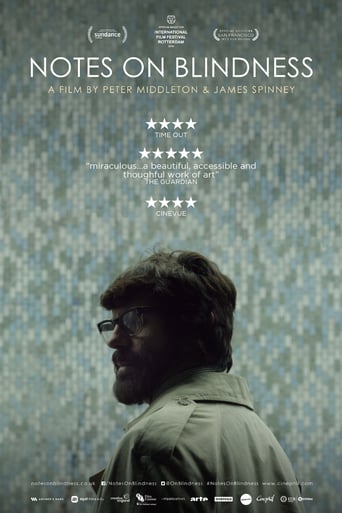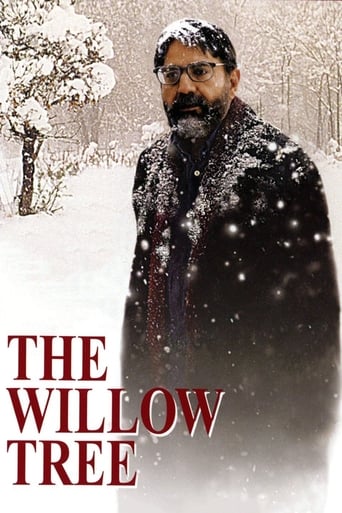
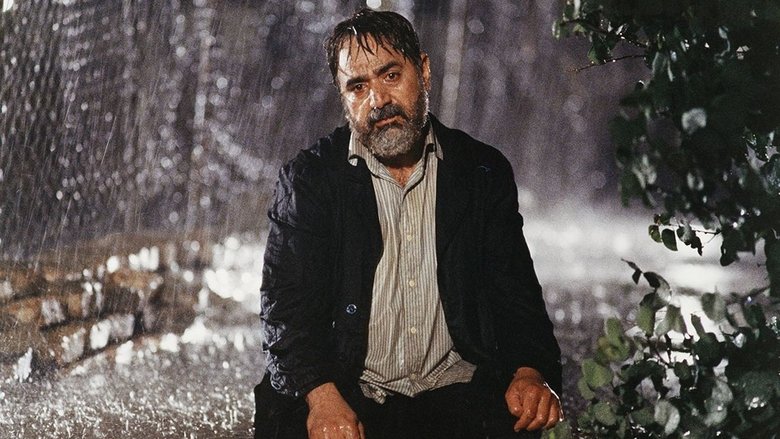
The Willow Tree (2005)
Youssef, a blind university professor, is suddenly diagnosed with a fatal disease and must undergo treatment in France. Back home, will he find the life he had before?
Watch Trailer
Cast


Similar titles
Reviews
Never have I seen such a topic on-reel. And Majid Majidi does it with finesse, cooked up with traces of sentiments and etching up emotions into a beautiful layer of life lesson.The Willow Tree talks about a taciturn, blind professor and his lives, before and after a surgery that changes his life forever. Before, he is calm and loving. He loves his family & work. Then comes life values and when God puts him on test, things go pumping and wrecking. What brought luck to him, snatches all his glorious memories and turns him into something he never thought he'd become.The plot goes heavy on the darker and duller side towards the end, depicting how life can turn upside down, if we slip the path once. Chiefly, it talks about the dangers of life that we want or never ever dreamed of. Lots of thing depicted, lots of things to learn, this film is a perfect blend of life and interpretation. It cannot be debated as to why the divine power creates things as they are and this story gives us a promising insight. Cast is so beautifully active, the message is brightly conveyed. Music is very good.BOTTOM LINE: Majidi is a master and as like all his films, this one is another feather in his hat.Profanity/Vulgarity/Sex/Porn: No | Violence: Mediocre | Gore/Alcohol/Smoking: No | Gore: Mediocre
You will find some similarities in majid majidi's each films that are man is attached with nature sometimes its rain sometimes ostrich and sparrows and other times its tress.This was one of Iranian and majidi's best film when the teacher is blind He loves inner beauty and feel nature and when He gets his eyes vision which is not transitory.He first fall in love with a girl who has a outer beauty and tires to leave her mom and wife back who cared his 38 years life.Then he finds some distress like poverty when he comes by a shop and watch a poor baby then he see a guy who is spending his life on risk by doing pick pocket.its better to not to have vision when world has such distress and misfortunewe'll have to thank him for what he as given us because when he doesn't, there are some reasons behind it.
Majid Majidi's Willow Tree tells the story of Yusuf (Parvis Parastui) who was blinded in a fireworks accident when he was eight. Though he has been deprived of light and brightness for so long, he has a lovable, caring wife and a lovely daughter. After 38 years of blindness, Yusuf has a tumor beneath his eye so he goes to a Paris clinic to get some tests. Doctors do a several tests and they do cornea transplant on his eyes. The man who has lived in darkness and gloom for so long can't wait for the bandages to be taken off in the morning and he removes them himself.After his eyes catch the light the first thing he enjoys watching is an ant carrying a tiny bit of food across the window bar which is actually a diligent worker, a servant of God which can carry something as big as itself and never protests and surrenders to its role that is cut out for itself. Parvis Parastui's performance as Yusuf who walks in a gleeful hesitation, in an unsteady childish hobbling down the hospital corridor without needing anyone for the first time after 38 years,is just a cinematic tour-de-force which can't be forgotten easily. After he is back in Iran Yusus tries to grapple with the new life he asked from God. Apparently his small paradise of four trees and a house is shattered by the perceptional difference he has seen in the real world and the understanding,thankful,spiritually protected world he had himself with God. The temptation creeps in and the serenity he had in his gloom disappears.He feels attracted to Peri (Leila Otadi), his uncle's young,ravishing,stunning wife.With a transformed sense of moral obligation,another day he overlooks a pickpocket snatching somebody's wallet in a public transport vehicle. Yusuf who seem to have lost all his connection with his God, with his comparative serenity estranges his caring wife and dear mother too.All alone,while his eyes starting not to respond to the transplantation he seems to have lost his sight again. He gets a letter from his the man he met at the clinic in Paris,A man who was gradually losing his sight because of some shrapnel in his head from the Iraq/Iran war. In the letter says the man: "Tell me what's worth seeing and I'll tell you what's not worth seeing.Ever since I've practiced not seeing, I've seen many wonderful things. How much have you been seeing? Are your eyes satisfied? Did you see the willow tree? I'd like to know if it still brings you luck?" Embittered by his own transformation, Yusuf finds the note he put between the pages of the Masnavi (by Rumi)on which he wrote:""I'm the one you deprived of the beauties of the world and who never complained. Instead of light and brightness, I lived in darkness and gloom and I didn't protest. I found happiness and peace in this small paradise. Are all these years of suffering not enough that you now want to cause me even more suffering? Will I come back from this trip to my loving family? Will this illness bring me to my knees? To whom should I complain about what you are doing to me? I beg of you to show me more compassion. Don't take my life away." Knowing that his biggest mistake was not knowing God well, he asks for a new chance hoping that God has not crossed him off his own book of compassion book and the diligent worker ant reappears. Majid Majidi could be a great director indeed but what you will remember after seeing this movie will be the unforgettable performance of Parvis Parastui overshadowing everyone else about this movie.
I have been deeply moved by "The Willow Tree," which I saw this evening as part of an Iranian film series at the Freer Gallery in Washington DC. I am not sure that any Western culture could ever produce something as beautiful, but I hope all westerners see it. It has impressed positively and permanently. I was most moved by the scene of the hero coming back to Iran, and seeing his mother, and then again, when the mother comes to his house after his wife has left. The most beautiful, was our hero looking for the papers in the pond, and finding that special one. The ending is magnificent, as it allows us to ponder which is better, to continue blind, or be blessed again with sight. But in either case he seems condemned. Thank you. James


